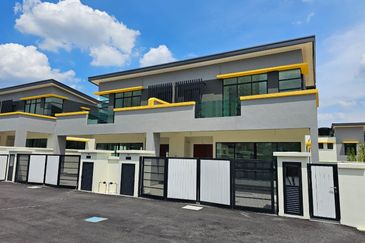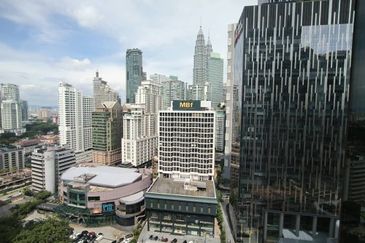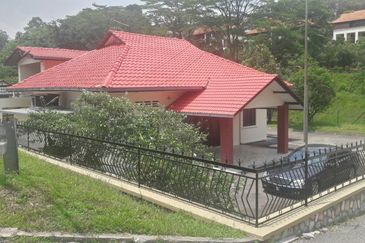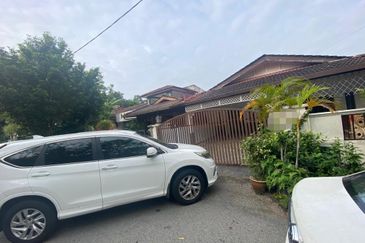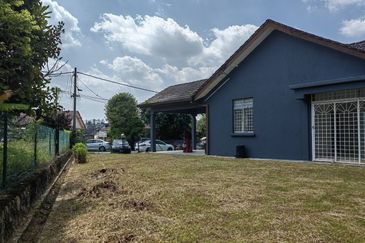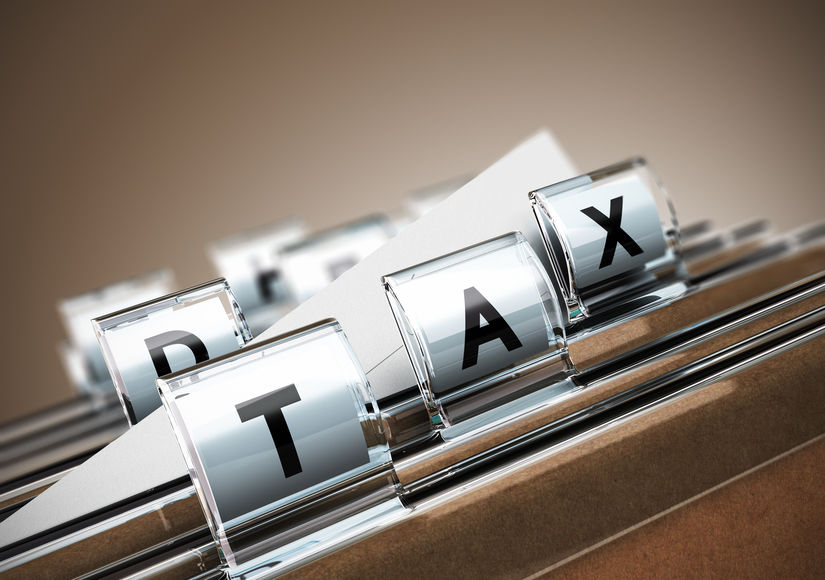
KUALA LUMPUR (Nov 5): The announcement that exemptions will be granted for specific business-to-business (B2B) service tax from Jan 1, 2019 for registered service tax entities would help lower the costs of doing business by eliminating pyramiding taxation, or the tax-on-tax effect.
Simply put, this would avoid double taxation between transactions of registered service tax entities. In other words, it eliminates the chances of tax getting charged twice in a supply chain, before reaching the final customer.
PwC Taxation Services Sdn Bhd executive director Raja Kumaran said under the now repealed goods and services tax (GST), the double-taxation issue did not arise as input tax credit could be claimed.
“Under [the new] service tax, the input tax credit facility is no longer available. So by granting an exemption, it helps to reduce the costs of doing business,” he told The Edge Financial Daily.
It is understood that more clarity on the exemptions would be available once the service tax regulation is released in a month or so.
In tabling Budget 2019, Finance Minister Lim Guan Eng also touched on a credit system for sales tax deduction to help small manufacturers who buy their products from importers instead of other registered manufacturers. This is also expected to prevent compounded taxation.
However, Grant Thornton Malaysia executive director of indirect tax and GST Alan Chung said since the main objective of both the B2B service tax exemption and the credit system for sales tax deduction is to eliminate compounded taxation, there should be consistency in the approach taken.
“Having an exemption for B2B service tax and a credit system for sales tax deduction creates unnecessary complications. Why can’t there be a similar approach to both? Either have a credit system for both, or an exemption for both. When there are two different systems, they create confusion. For GST, there was a credit system across the board for both goods and services and it was seamless,” he said.
In layman’s terms, there is no tax paid if under an exemption. But in a credit system, tax is paid first, with the credit claimed later.
Chung also highlighted the issue of timeliness of refunds under the credit system. “For GST, it was not that the credit system was bad, but businesses complained they were not getting their refunds on time and this was a concern. So we hope refunds would be more forthcoming under the sales tax credit system,” he said.
Last Friday, Guan Eng reiterated the allegations that RM19.4 billion in GST refunds and RM16 billion of income tax refunds, totalling RM35.4 billion in all, had been misused by the previous government.
He said the new government has a “moral imperative” to return these tax refunds to their rightful owners in 2019, and that a one-off special dividend of RM30 billion from Petronas will go towards repaying these refunds.
This article first appeared in The Edge Financial Daily, on Nov 5, 2018.
TOP PICKS BY EDGEPROP

Jalan Tuanku Abdul Rahman
KL City, Kuala Lumpur

Jalan Tuanku Abdul Rahman
KL City, Kuala Lumpur
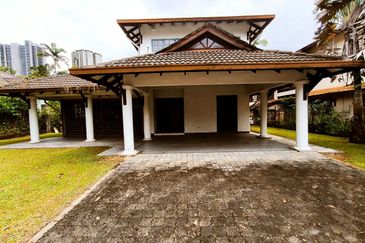
Damansara Heights (Bukit Damansara)
Damansara Heights, Kuala Lumpur

Pangsapuri Baiduri, Bandar Tasik Kesuma
Beranang, Selangor



